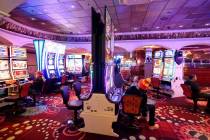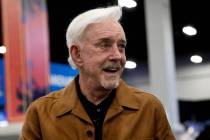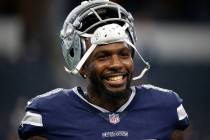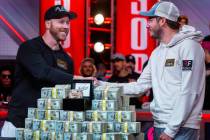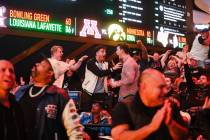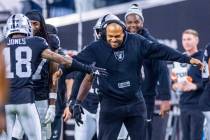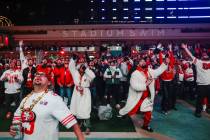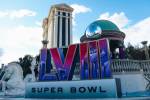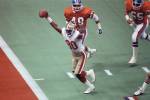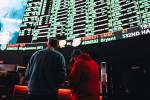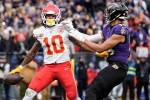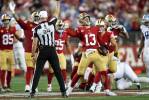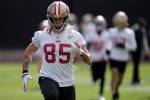Despite recent embrace, NFL, gambling have long history together
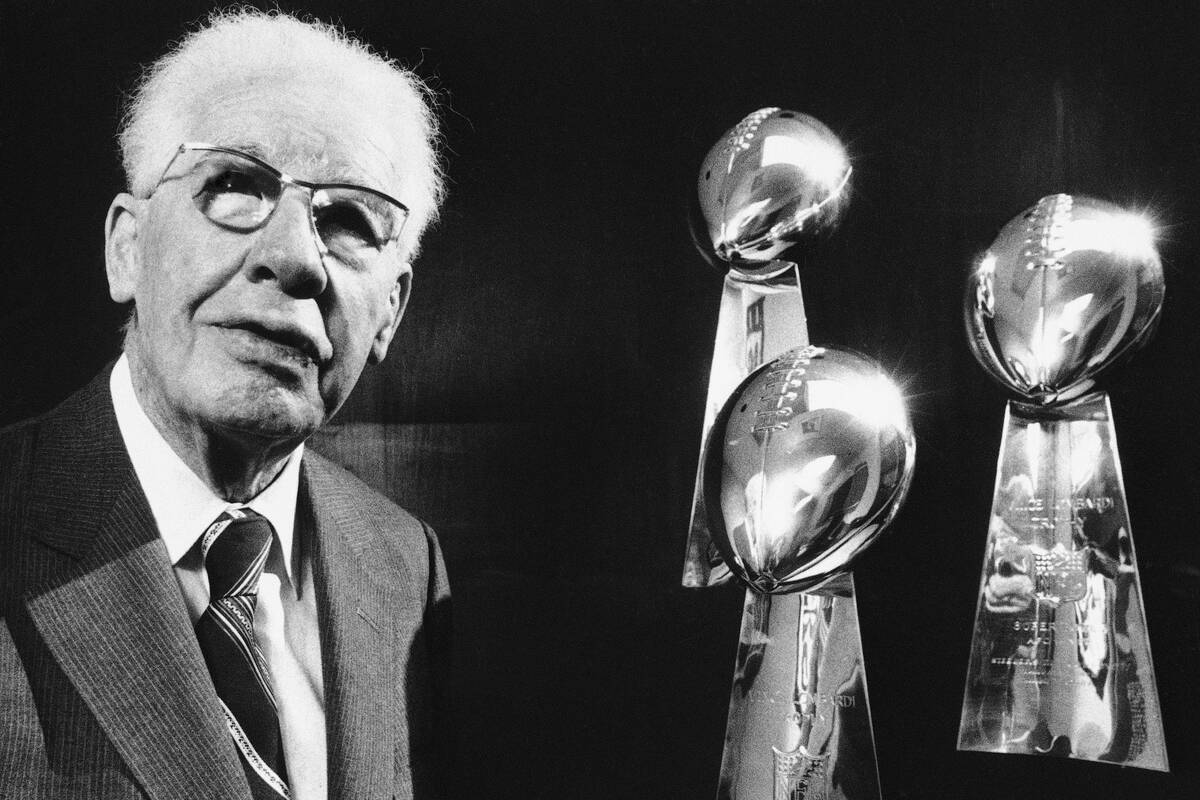
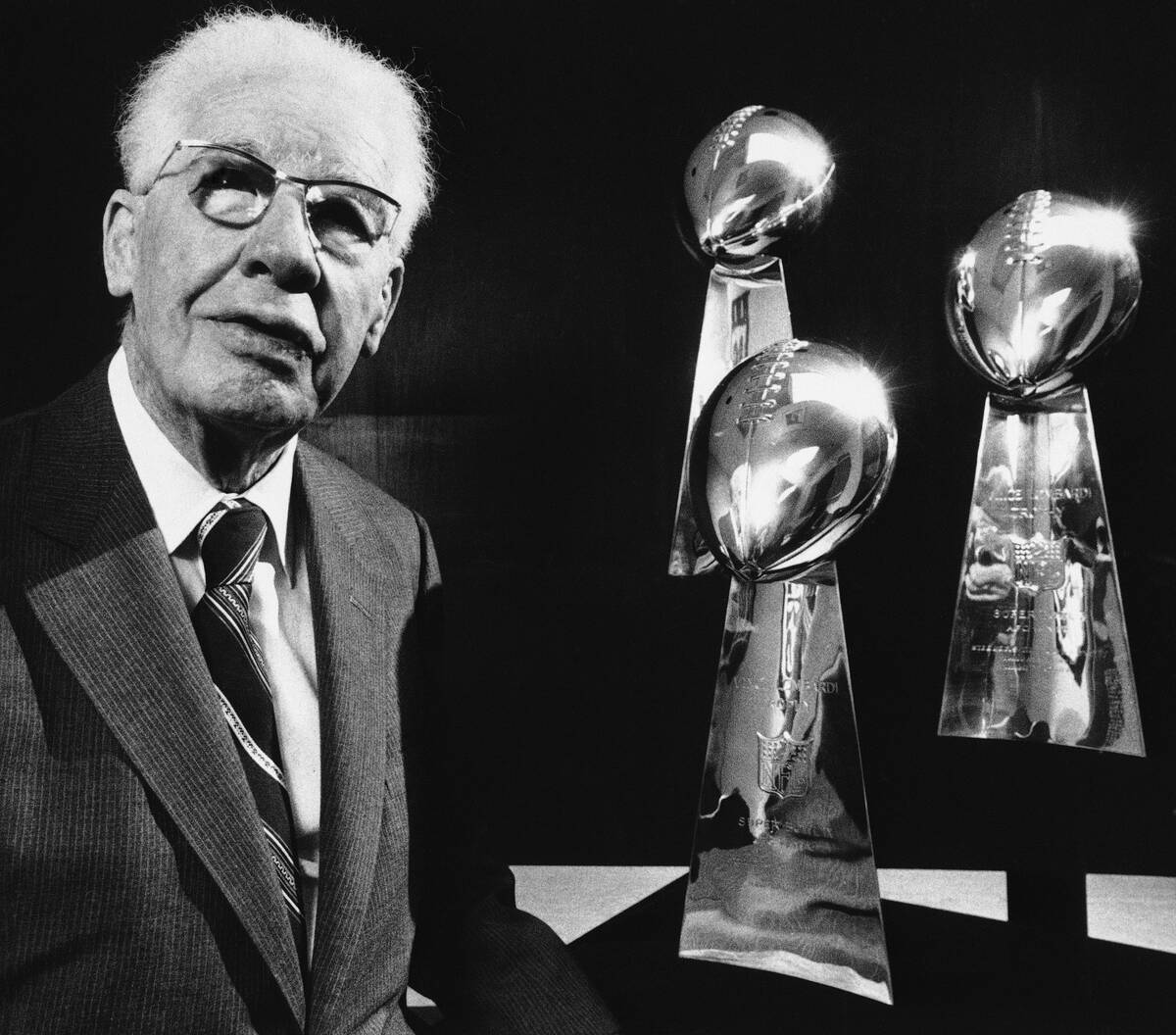
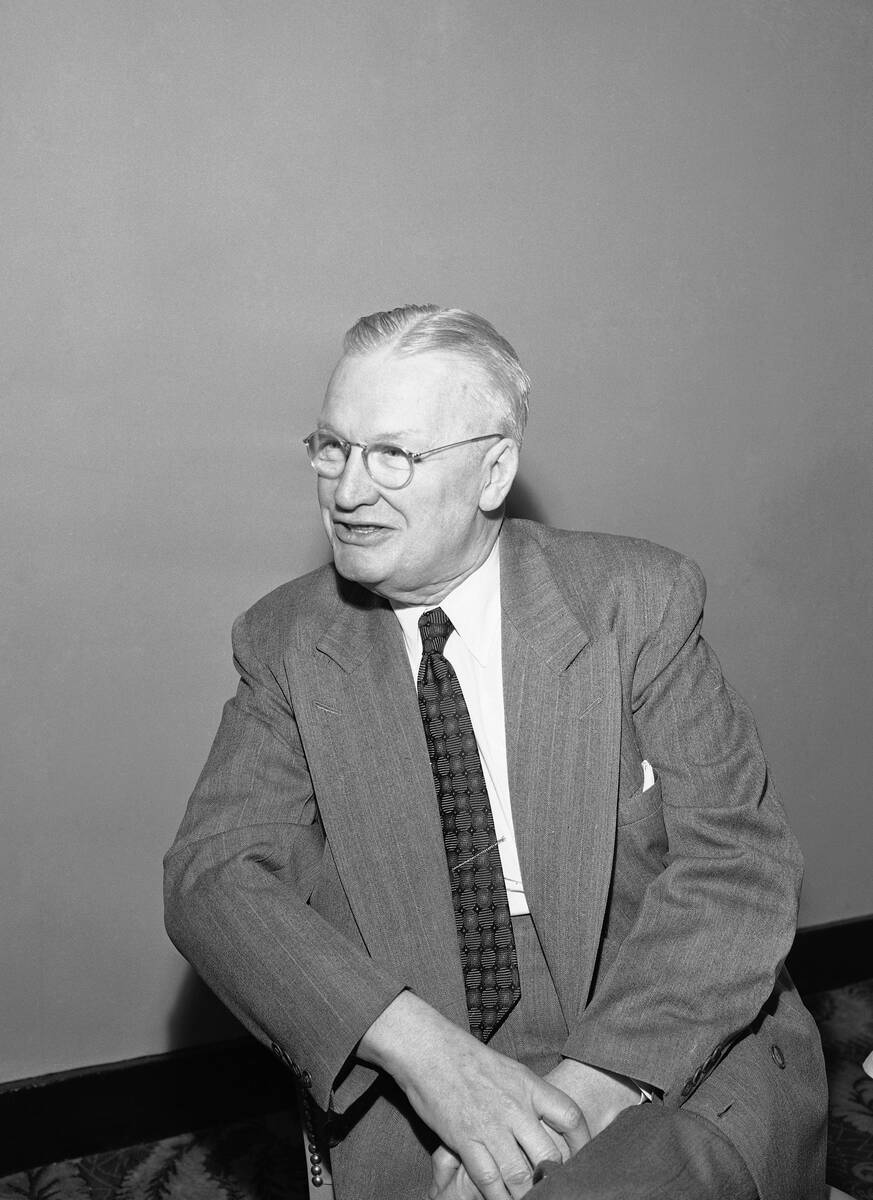
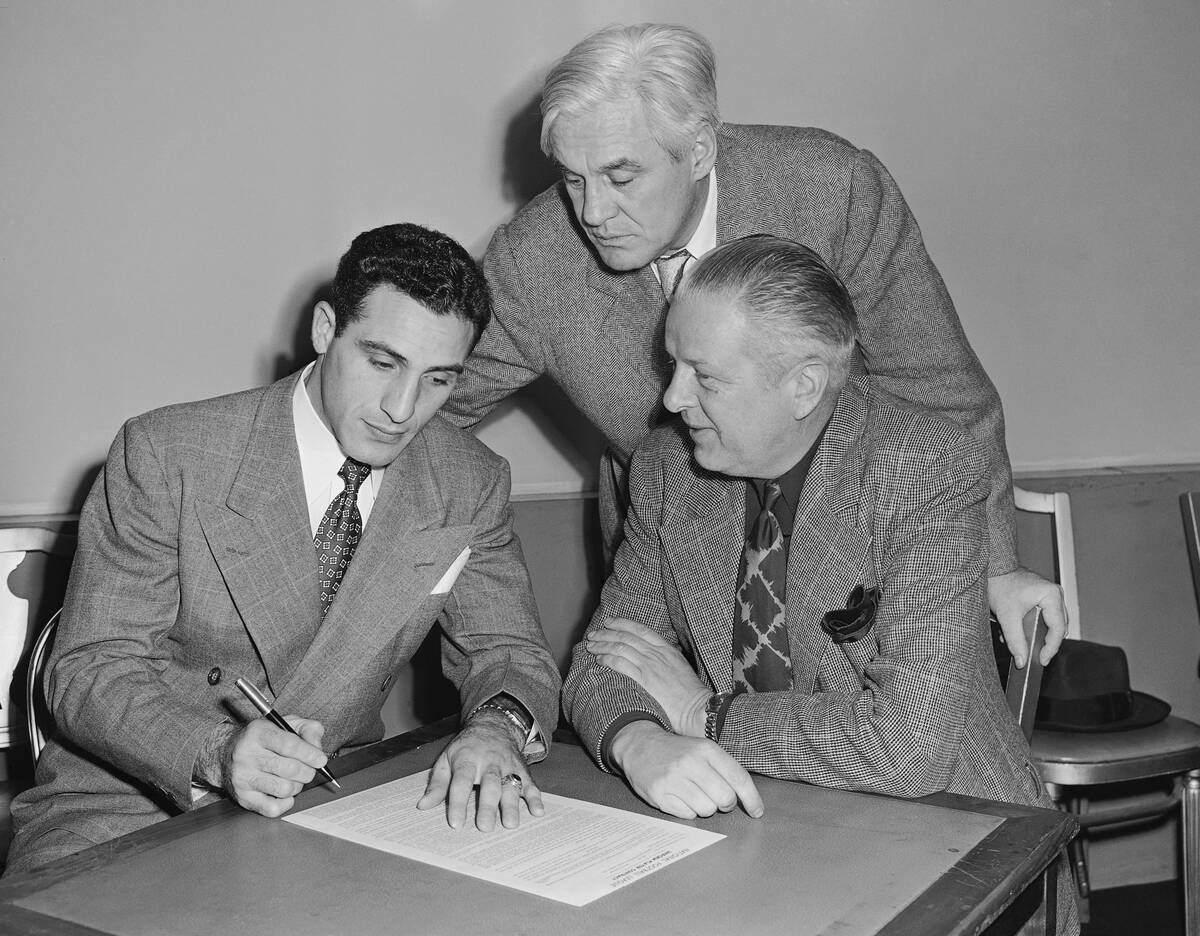
Nationwide legal sports betting on the NFL is a relatively new phenomenon. But the connection between gambling and the NFL is nothing new.
In fact, it almost dates back to the founding of the league in 1920.
In 1925, professional bookmaker Tim Mara bought the New York Giants for $500.
In 1932, racetrack owner Charles Bidwill, who had ties to Al Capone, bought the Chicago Cardinals, who later moved to St. Louis and then Arizona.
In 1933, racetrack owner and gambler Art Rooney founded the Pittsburgh Pirates, who later became known as the Pittsburgh Steelers.
Mara, Bidwill and Rooney are all in the Pro Football Hall of Fame, and their families still own their respective NFL franchises.
Rooney formed the Steelers with an investment of $2,500 that he reportedly won at the racetrack. In 1937, he won at least $300,000 during three days of betting at racetracks, according to an investigative series by the Pittsburgh Post-Gazette titled “Rooney: A legend’s secret life in the rackets.”
The windfall, which equates to $6.3 million in today’s dollars, started with a tip on a horse from Mara, who was Rooney’s legal bookie at Belmont Park, according to the New York Post.
After winning $50,000 on Mara’s tip at Empire City Race Track, which later became Yonkers Raceway, Rooney ran up his winnings as he moved from track to track before his hot streak ended at Saratoga.
During the run, he missed the birth of his child. But he promised to name his newborn after Mara if it was a boy.
“That was the day I was born,” Tim Rooney told the Post. “My father said to Tim, ‘I’m never gonna let you forget this day, so I’m naming my son after you.’”
Tim Rooney owned and operated Yonkers Raceway and was president and CEO of Empire City Casinos before the Rooney family sold both businesses in 2018 to MGM Resorts for $850 million.
The Post-Gazette reported that, from the 1920s through the 1940s, Art Rooney secretly ran one of Pittsburgh’s largest racket operations, including the numbers, illegal beer, offtrack betting, gambling rooms and slot machines.
The report also noted that Milton Jaffe — Rooney’s good friend with whom in 1928 he bought an illegal gambling and drinking club known as the Show Boat — moved to Las Vegas in 1957 to run the Stardust casino for the mob.
Betting and TV
While the founding of the NFL was funded, in part, by money from gambling, several Las Vegas bookmakers and bettors attribute much of the league’s subsequent growth and popularity to betting and television — on which a record 200.5 million American adults are expected to watch the first Super Bowl in Las Vegas on Sunday at Allegiant Stadium.
The tipping point for the league displacing baseball as America’s new national pastime was the 1958 NFL championship game between the Baltimore Colts and New York Giants, widely known as “The Greatest Game Ever Played.”
“That’s the game that changed everything, because that was the first overtime game they ever had, and by 1958, most people had TVs,” Westgate SuperBook oddsmaker Ed Salmons said. “That’s the game that basically put the NFL on the map.”
Outside of Nevada, sports betting remained illegal for the next 60 years, and it was taboo to discuss point spreads on TV broadcasts. That started to change in the 1970s on “The NFL Today” studio show hosted by Brent Musburger and featuring handicapper Jimmy “The Greek” Snyder.
“When we put Jimmy ‘The Greek’ on ‘The NFL Today,’ that’s when it became more of a public enterprise,” said Musburger, 84. “It certainly was always an underground enterprise. You could find an illegal bookmaker wherever you wanted one. Come football season, they would hand out those parlay cards. Those were always around.”
Musburger and sportscaster Al Michaels would drop subtle references to the line or total during games, such as “It’s not over yet” when a game that was all but decided on the scoreboard still hadn’t eclipsed the over-under total.
“Everybody knew that betting and TV is what made football,” former Stardust sportsbook director Scotty Schettler said. “Without betting and games on TV, they’d still be playing in empty stadiums. And now the NFL is behind it.”
After decades of the NFL being firmly against gambling, the league embraced it in 2018 when the Supreme Court struck down the federal ban on sports betting.
‘More engagement’
The NFL became official partners with Caesars, DraftKings and FanDuel sportsbooks, and commissioner Roger Goodell became a proponent of legal sports betting.
“Sports gambling creates a lot more engagement for our fans,” Goodell said in 2021 when announcing the league’s new television deals. “And it gives them another opportunity to engage with the game.”
During a call with reporters this week, David Highhill, the NFL’s general manager for sports betting, said that the league has seen an increase since 2019 in those fans who say they like and participate in sports betting, and a decrease in those who don’t.
“Generally, the hypothesis is that for fans that were already avid fans that have started betting … it has the potential to hold them into games longer that may otherwise have competitively been over,” he said.
The NFL playoffs pulled in their highest television audiences on record, and a record 67.8 million Americans are expected to bet $23.1 billion on the Super Bowl, according to a new American Gaming Association study.
“It’s no coincidence that television ratings have skyrocketed in the last couple of years,” former Station Casinos sportsbook vice president Art Manteris said. “What that does is it proves what us old-time bookmakers have been saying for the last 50 years — that sports gambling increases viewing. It doesn’t have a negative effect, as the position had been by the league in those years.”
DraftKings sportsbook director Johnny Avello agrees.
“I’ve always said that the market share of the NFL would be much lower if it wasn’t for wagering,” he said. “Everybody wants to have a wager on the game when they’re watching it. Otherwise, how much fun would it be?”
Contact reporter Todd Dewey at tdewey@reviewjournal.com. Follow @tdewey33 on X.










